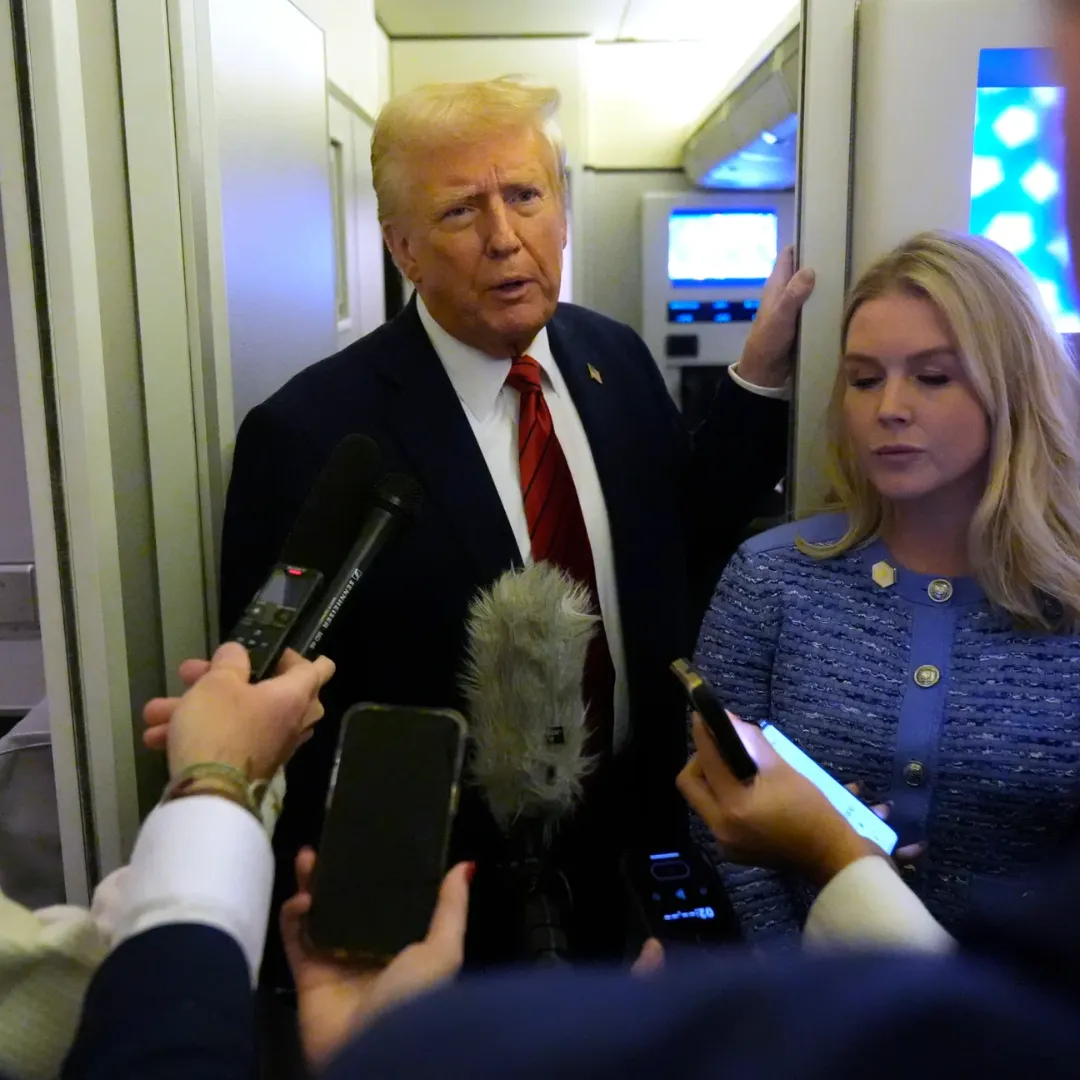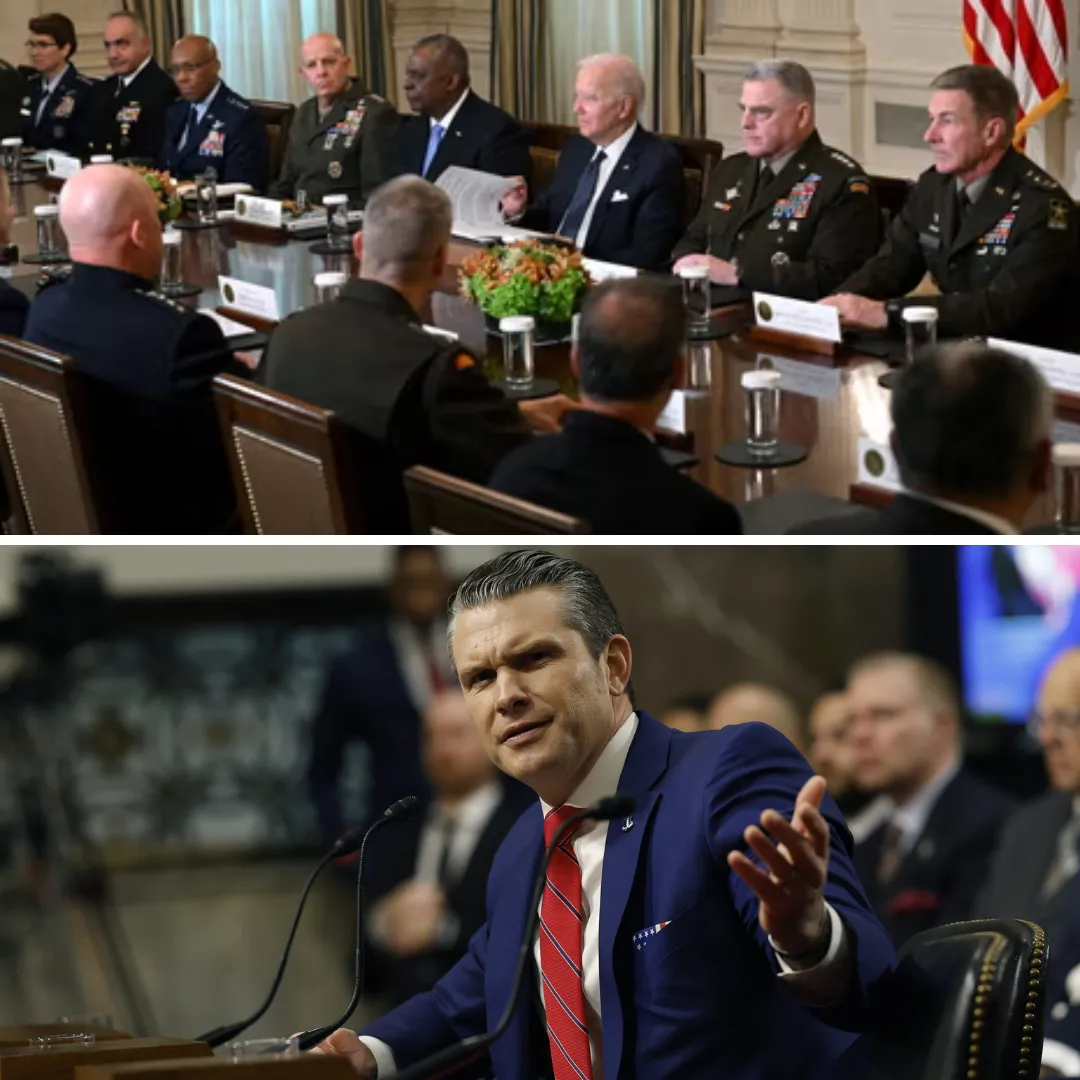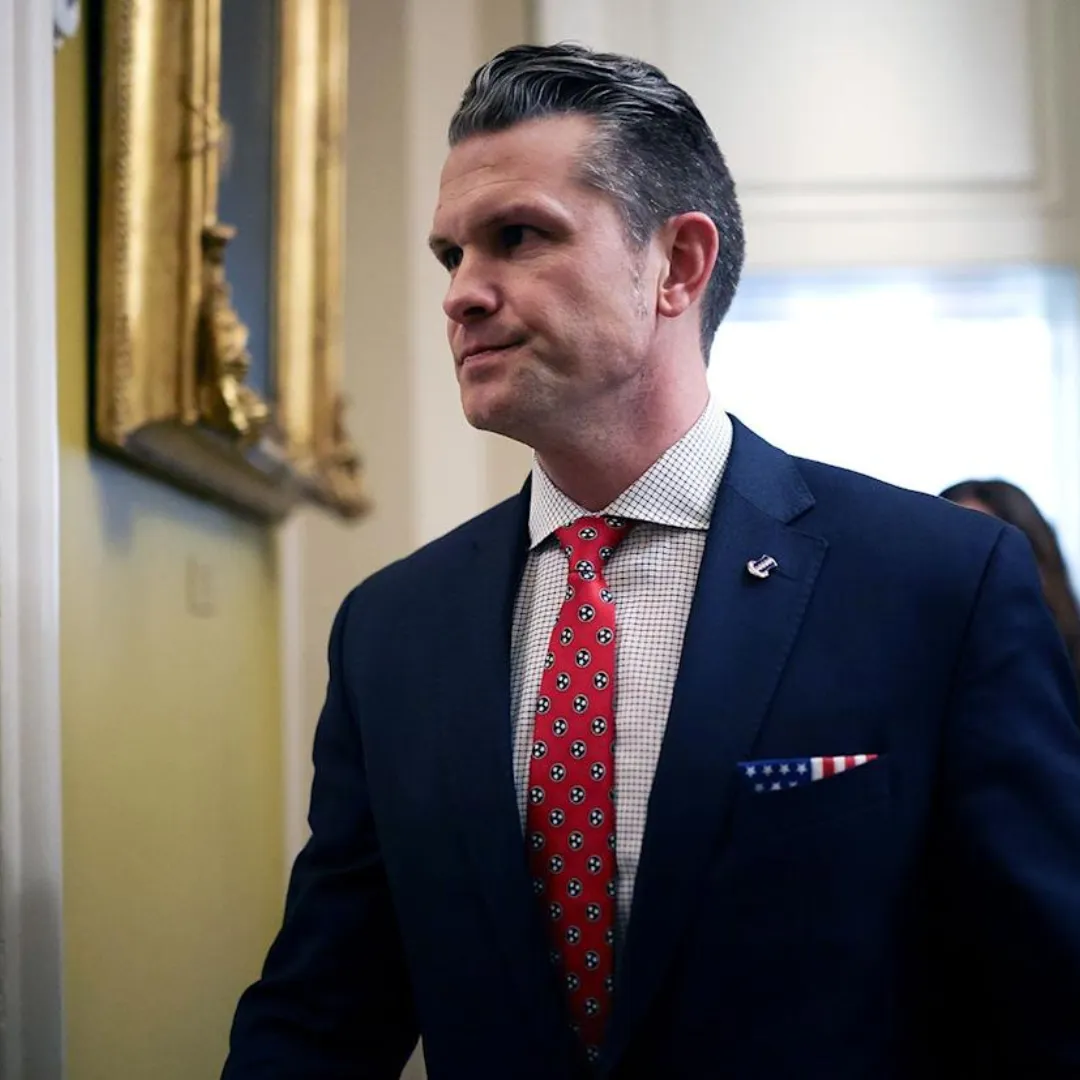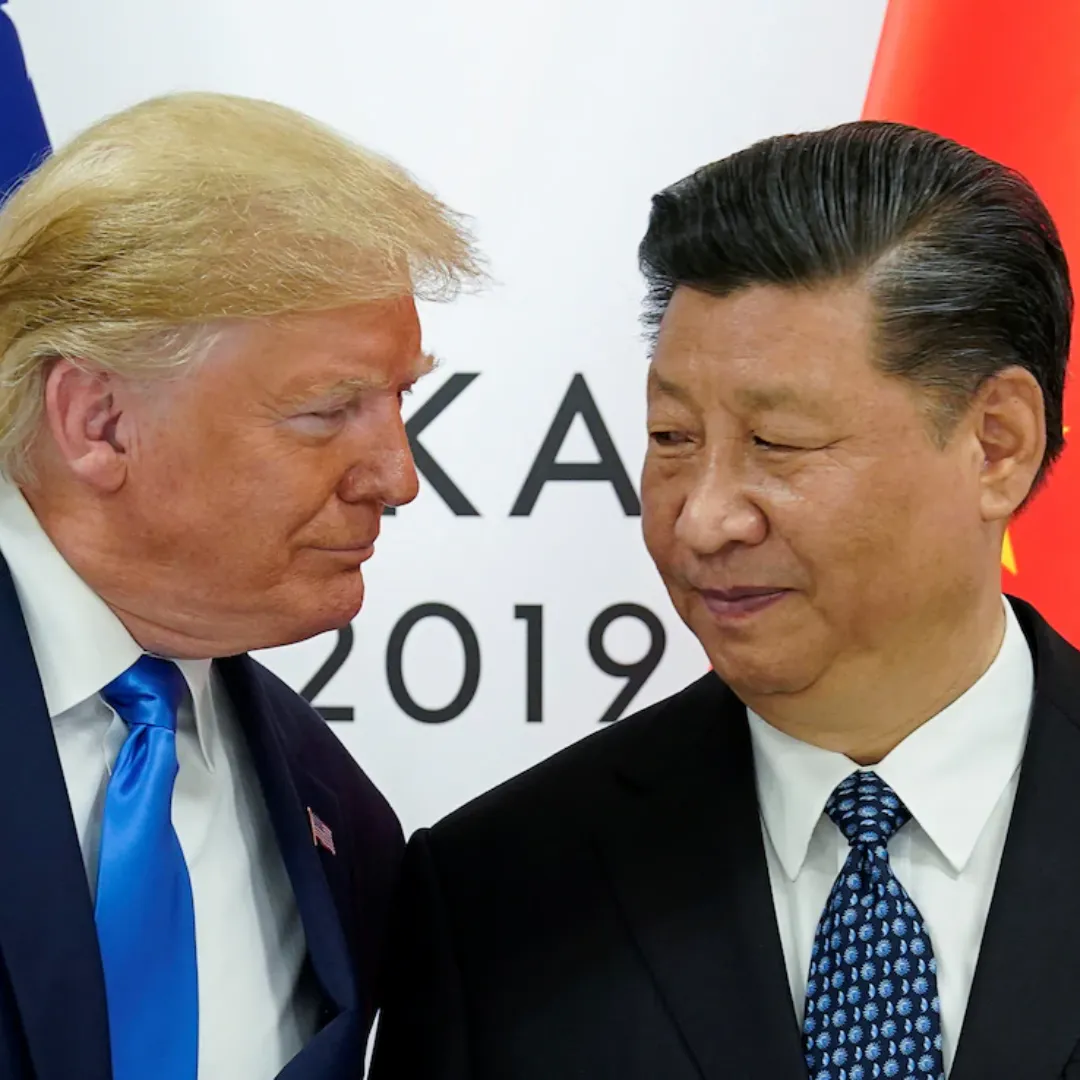
Senators Jeff Merkley (D-Ore.) and Elizabeth Warren (D-Mass.) have called for a federal investigation into a controversial deal involving the Trump family’s cryptocurrency firm, World Liberty Financial.
The transaction, which would utilize a stablecoin to facilitate a $2 billion deal between the Emirati firm MGX and the global crypto exchange Binance, has raised significant concerns about potential conflicts of interest and undue foreign influence on the U.S. government.
This latest development adds to the growing scrutiny of the Trump family’s business dealings, particularly in relation to their entanglement with foreign governments and private entities with significant stakes in U.S. policy.
In a letter sent to Jamieson Greer, the acting director of the Office of Government Ethics, the two Democratic senators warned that the deal, if completed, could result in the Trump and Witkoff families receiving hundreds of millions of dollars, creating an alarming conflict of interest.
The transaction’s potential ties to foreign entities with close links to the U.S. government only added fuel to the fire, with the senators arguing that this could open the door for foreign influence in American policymaking.
World Liberty Financial, the crypto firm founded by former President Donald Trump and his sons, is reportedly at the center of the deal, which would use the newly introduced stablecoin to complete a $2 billion transaction between MGX, a firm linked to the government of the United Arab Emirates (UAE), and Binance, the world’s largest cryptocurrency exchange.
The deal would be the first of its kind involving Trump’s crypto company and has already raised concerns over the potential for improper financial influence, given the involvement of foreign government-linked entities and a private company with ongoing business dealings with the U.S. government.

Merkley and Warren’s letter expresses concern that the deal could serve as a conduit for foreign kickbacks, especially given the Trump family's prominent role in the deal.
The senators argued that World Liberty Financial could act as a “backdoor for foreign bribes and kickbacks” due to its connections with both the Trump family and the Witkoff family.
Steve Witkoff, a key figure in the deal, is currently serving as Trump’s special envoy to the Middle East, while his son, Zach Witkoff, co-founded World Liberty Financial with the Trump family.
The senators warned that these familial ties could potentially benefit both the Trump and Witkoff families financially, with both entities poised to receive a cut from the deal involving foreign entities with significant interests in U.S. policy.
“The Trumps and Witkoffs, in essence, are receiving a cut of the deal between an entity of a foreign government, MGX, and a private entity, Binance, with significant business before the U.S. government,” Merkley and Warren wrote.
“This creates the potential for significant conflicts of interest.” The senators underscored that both MGX and Binance have troubling histories involving government oversight, including Binance’s previous criminal charges settled with the U.S. Department of Justice and its reported efforts to seek a pardon for its convicted founder.
Additionally, the senators pointed out the close ties between MGX and the UAE government, given the firm’s leadership by a chairman who also serves as the UAE’s national security advisor.
The chairperson has been reported to have lobbied the Trump administration for looser restrictions on the sale of advanced chip technology to the UAE, further raising concerns about the level of influence foreign governments are able to exert over U.S. policy.

“In short, a crypto firm whose founder needs a pardon and a foreign government spymaker coveting sensitive U.S. technology plan to pay the Trump and Witkoff families hundreds of millions of dollars,” the senators wrote.
“The opportunities for grift – in which the Trump administration offers favors to the UAE or to Binance in exchange for their massive payouts – are mind-boggling.”
The situation highlights broader concerns about the Trump family’s continued influence on American politics and business even after the former president’s departure from the White House.
While Trump has claimed that his business ventures and the businesses of his family members are independent from his political work, the ongoing connections between the Trump Organization, foreign governments, and private firms with financial interests in U.S. policy raise serious ethical questions.
These ongoing business entanglements have led many to argue that the Trump family’s business dealings present a unique challenge to American democracy, especially given the potential for foreign governments to gain access to influential political figures and institutions.
Both Merkley and Warren have long been vocal critics of the Trump administration’s cozy relationships with foreign leaders, particularly those with questionable human rights records, such as Saudi Arabia and the UAE.
These concerns have only grown in the wake of Trump’s time in office, as his family’s financial dealings continue to intersect with international politics. The senators have called on the U.S. government to investigate whether these business connections constitute a violation of the Constitution’s Emoluments Clause, which prohibits government officials from receiving gifts or payments from foreign governments without congressional approval.

The controversy surrounding World Liberty Financial and the Trump family's ongoing business ties to foreign entities is not the first time the former president’s financial dealings have raised questions about his motivations.
Throughout his presidency, Trump’s business empire was often criticized for being a potential conflict of interest, as he continued to operate the Trump Organization while in office, leading to numerous ethical concerns and calls for transparency.
While Trump has long denied any wrongdoing, stating that his business dealings have been separate from his political work, many critics argue that the Trump family’s persistent entanglement with foreign governments and businesses raises concerns about corruption and influence peddling.
As the investigation into World Liberty Financial and its ties to foreign influence continues, it is likely that these questions will remain central to any future discussions about the Trump family’s business interests.
In addition to the concerns raised by Merkley and Warren, other political figures and watchdog groups have expressed alarm about the potential for conflicts of interest in Trump’s business dealings.
These concerns have only deepened in light of the 2020 election and its aftermath, with many questioning whether Trump’s personal financial interests may have influenced his political actions, especially with regard to foreign policy decisions.
While the senators have called for an investigation into the deal, it remains unclear how much political momentum this effort will gain. Trump’s supporters have consistently defended his business ventures, arguing that he was a successful businessman before entering politics and that his financial dealings should be treated as separate from his role as president.
However, as these controversies continue to surface, it seems unlikely that the Trump family’s business entanglements will fade from the public’s attention anytime soon.
The growing calls for transparency and accountability over Trump’s business dealings have raised important questions about the intersection of money, politics, and power in the United States.
As the investigation into World Liberty Financial unfolds, it is clear that this issue will continue to be a flashpoint in American politics, with lawmakers and watchdog groups calling for answers about the true nature of the Trump family’s business ties and the potential risks they pose to national security.
Whether or not the federal government decides to investigate further, the increasing scrutiny surrounding the Trump family’s business interests points to a larger debate over the role of money and influence in American politics.
As the country moves forward into a new political era, the question of how to balance corporate interests with public accountability will likely remain a central issue.




